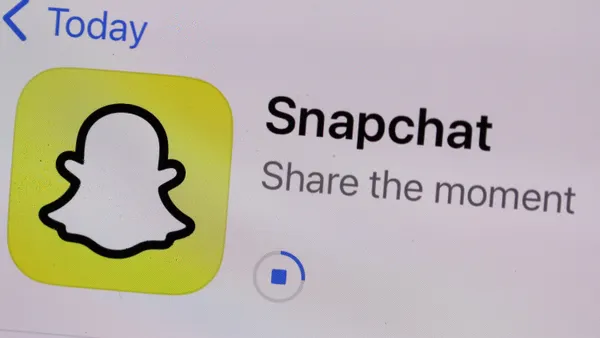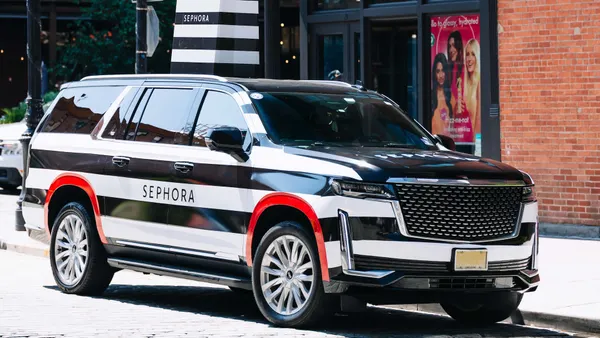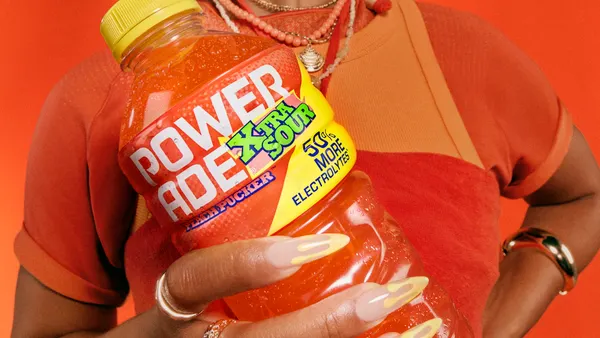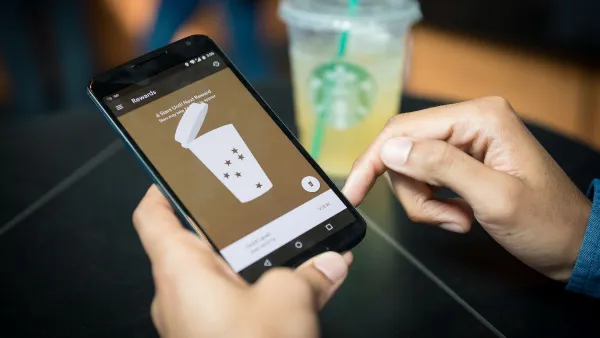Dive Brief:
- The Association of National Advertisers (ANA) has declared "Artificial Intelligence (AI)" as the Marketing Word of the Year for 2017, per a press release made available to Marketing Dive.
- AI topped "transparency" — the 2016 word of the year — "content marketing" — the 2015 word of the year — and "influencer." The first ANA Marketing Word of Year was "programmatic" in 2014.
- The ANA highlighted a number of areas powered by AI that have caught marketers' attention, including: cognitive computing via platforms like IBM's Watson; driverless cars; voice-enabled digital assistants such as Amazon's Alexa; recommendation engines; marketing automation; programmatic ad buying; chatbots and customer service.
Dive Insight:
Given how rife 2017 was for controversy in the marketing industry, AI winning out as the marketing word of the year against topics like transparency is surprising. This year has seen a handful of big-name advertisers, including Procter & Gamble and Unilever, trim back their spending on digital media as the channel's proved rife with non-transparency and murky business practices. P&G's Chief Brand Officer Marc Pritchard also sparked industry-wide discussions that have extended throughout the year about these subjects and also the need for ad vendors to receive third-party media accreditation from watchdog groups like the Media Rating Council.
The ANA news signals that, even as marketers and members of the media get caught up in the industry's churn, many professionals are placing their focus on emerging technology to drive business results and innovate their strategies. AI offers promise in managing the massive amount of data marketers now accrue on their customers and in helping them create and deploy highly personalized campaigns.
The spotlight put on chatbots and digital assistants is another area to watch heading into 2018 as major technology companies like Amazon, Google and Apple all try to own voice search. Recent research forecasts marketers' ad spending on voice-powered digital assistants will reach nearly $19 billion by 2022.
Though many marketers clearly remain excited about AI's potential, others are wary of its potential impact and a general lack of understanding about the technology.
"[AI] seems to be something many marketers talk about this year, but not many understand the implications for marketing," one bit of anonymous commentary provided in the release said.











